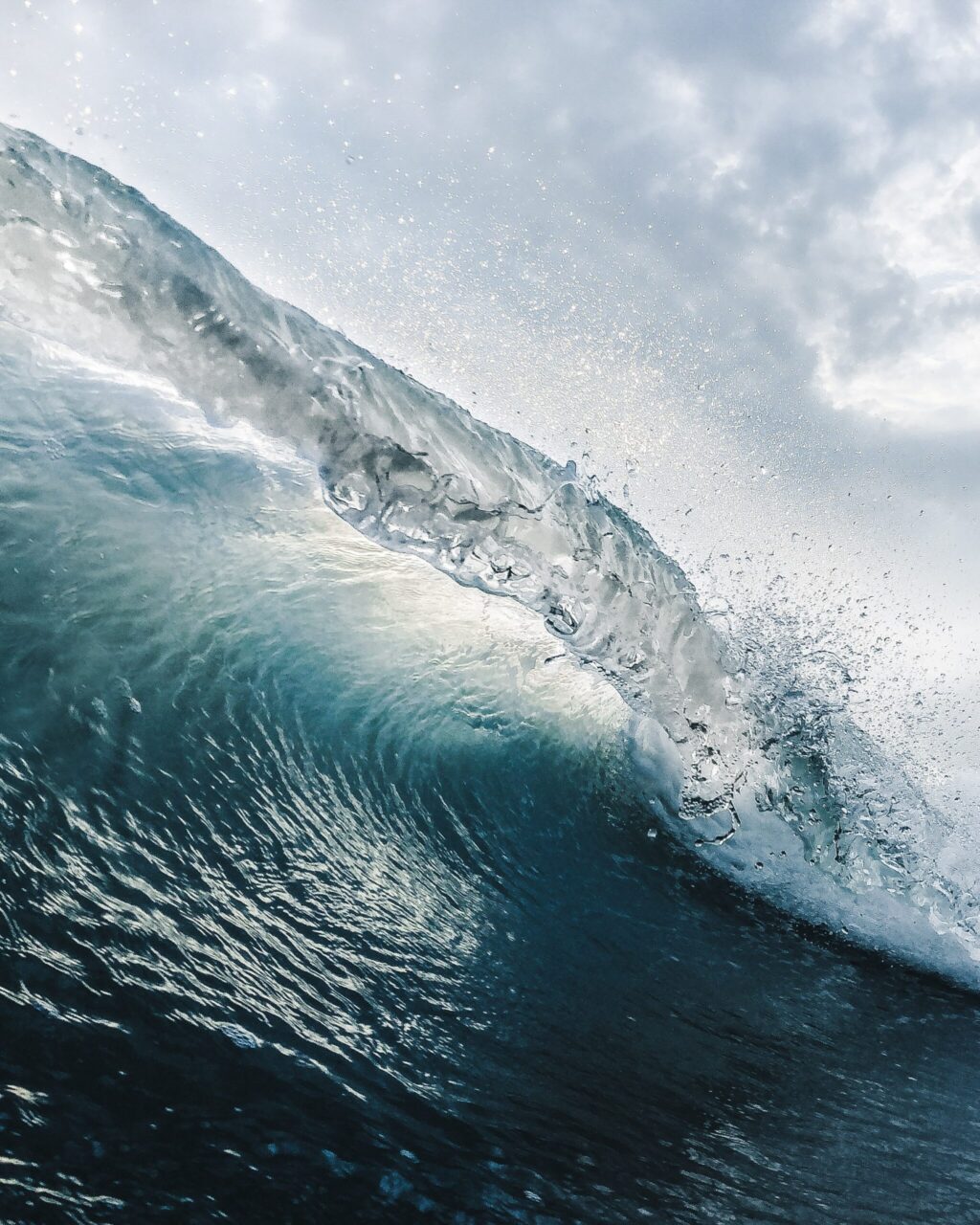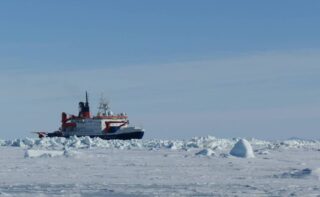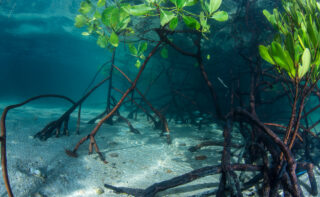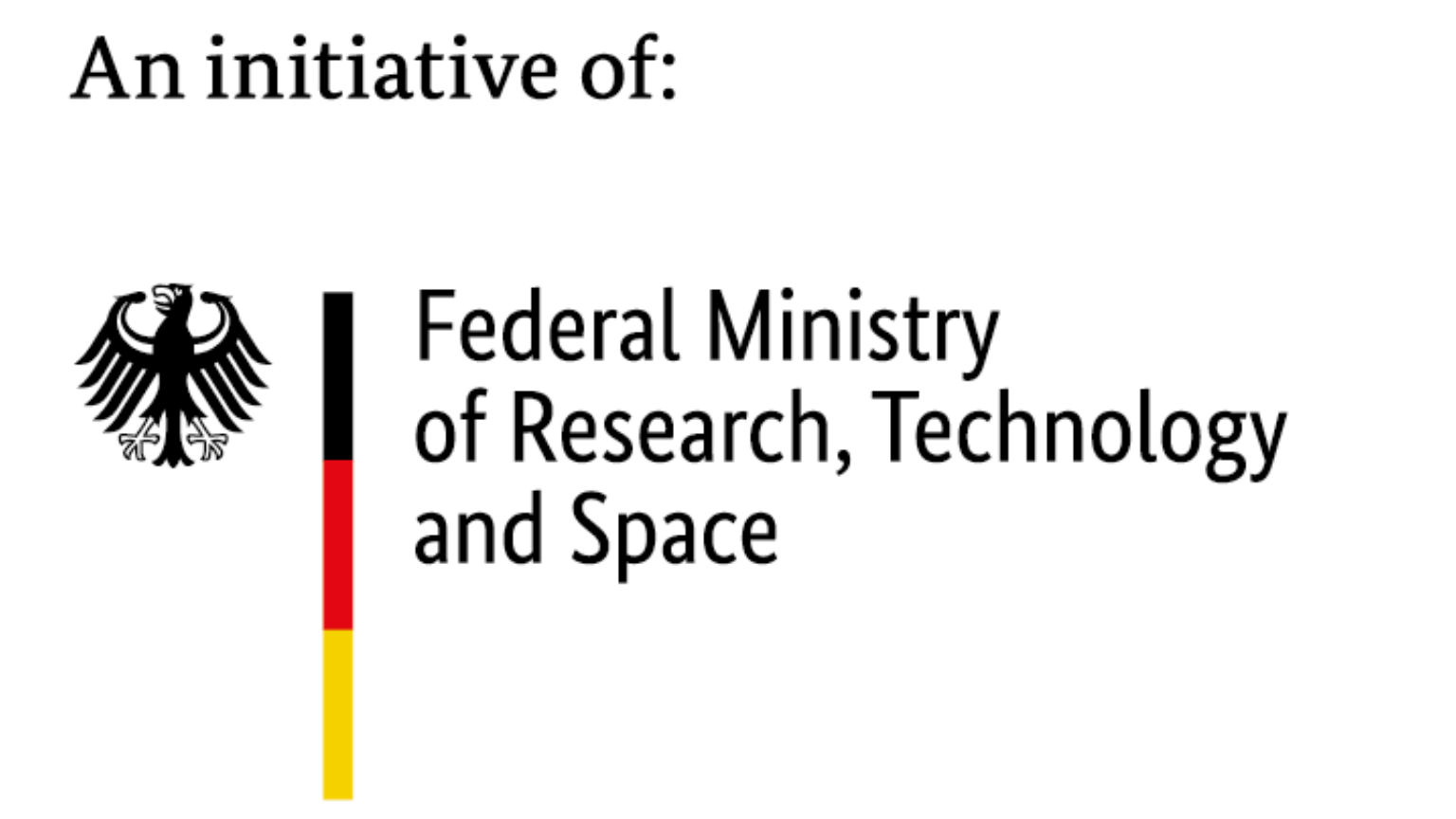
Protecting the ocean and using it sustainably in the fight against the climate crisis
Statement by the Board of the German Marine Research Alliance on the start of the global climate negotiations and the amendment of the Federal Climate Protection Act
At the start of the United Nations Climate Change Conference (Conference of the Parties to the United Nations Framework Convention on Climate Change, COP28), the Executive Board of the German Marine Research Alliance (DAM) emphasizes the importance of the ocean in the climate system and its central role in the fight against the climate crisis. “Scientific findings are the basis for political decisions and for all our actions in the fight against the climate crisis. It is clear that we must protect the ocean and marine biodiversity in order to preserve and sustainably use its important functions for us.”
The oceans are currently warming steadily and temperature extremes are increasing in intensity and frequency. The degree of acidification of the world’s oceans is increasing, while oxygen levels are falling in many regions. “The man-made climate crisis and many other pressures are increasingly threatening the marine environment, biodiversity and ecosystem services. For the benefit of all people, all countries should sharpen their climate protection goals and implement communicated measures quickly and bindingly. As a pioneering signal from Germany, the goals of the current Federal Climate Protection Act should be adhered to in the amendment.”
COP28 will bring together more than 70,000 heads of state and leading politicians from all over the world as well as climate experts and specialists from industry, trade, transport, finance, labor and civil society in Dubai, United Arab Emirates, from November 30 to December 12, 2023.
“Dubai Ocean Declaration for COP28”
In the run-up to this year’s international negotiations, the DAM Executive Board signed the “Dubai Ocean Declaration”, which calls for the protection of the ocean and the improvement of scientific research, technology development and capacity building. According to the declaration, more precise knowledge of the carbon cycle in the ocean and better opportunities for ocean observation and the use of measurement data are essential to document progress in the reduction of carbon dioxide emissions. In addition, decisions on the use of new approaches to carbon dioxide removal using the ocean must be based on reliable monitoring, reporting and verification (MRV). International cooperation is needed to develop knowledge and capacity and to establish methods for taking into account the contributions of the ocean’s natural functions and the blue economy to climate change mitigation in national climate change mitigation contributions and adaptation plans.
“We join the call by leading international marine research institutions to focus even more on the ocean in the international climate negotiations and the process to implement the Paris Agreement. COP28 offers opportunities to strengthen marine research and ocean observation as important prerequisites for understanding the role of the ocean in climate change even better and implementing adequate mitigation and adaptation measures,” explains the DAM Executive Board. “With its research missions, the DAM is in an excellent position to support society and politics on their way to a climate-friendly future.”
The role of marine research in dealing with climate change
Marine research provides scientific findings as a basis for decisions in politics, business and civil society. The DAM brings together 24 leading German marine research institutes that deal with the interaction between humans and the marine environment, the role of the oceans in climate change and the responsible use of the ocean. Their aim is to develop and provide solution-oriented knowledge for sustainable management of coasts, seas and the ocean.
To achieve this goal, the DAM conducts research missions on various key topics:
- In the DAM research mission “Marine Carbon Storage as a Pathway to Decarbonization” (CDRmare), around 200 researchers in six joint projects are investigating whether and to what extent the ocean can play a significant and sustainable role in the absorption and storage of carbon dioxide from the atmosphere – as a supplement to the drastic reduction of carbon dioxide emissions in order to curb man-made global warming. In addition, connections with and effects on the marine environment, the earth system and society are being determined.
- In the DAM mission “Protection and Sustainable Use of Marine Areas” (sustainMare), more than 250 researchers in seven research networks are investigating the ecological, economic and social effects of the use and pollution of various marine regions in the North and Baltic Seas. The focus is on the question of how different usage interests – such as fishing, wind power generation or tourism – can be reconciled with the effective protection of the seas and biodiversity. The aim of the research mission is to develop options for the sustainable use of marine resources and ecosystem services in the German North Sea and Baltic Sea.
- The DAM research mission “Towards improved risk management in the area of marine extreme events and natural hazards” (mareXtreme) is set to begin in 2024. This is about forecasting, modeling and dealing with extreme weather events in the sea. The aim is to significantly improve the ability to predict extreme marine events and natural hazards, thereby supporting the sustainable development of coastal communities and strengthening the resilience of coastal society.
Header Picture: Silas Baisch / Unsplash
Newsletter
Always up to date with the DAM newsletter. (German only)



